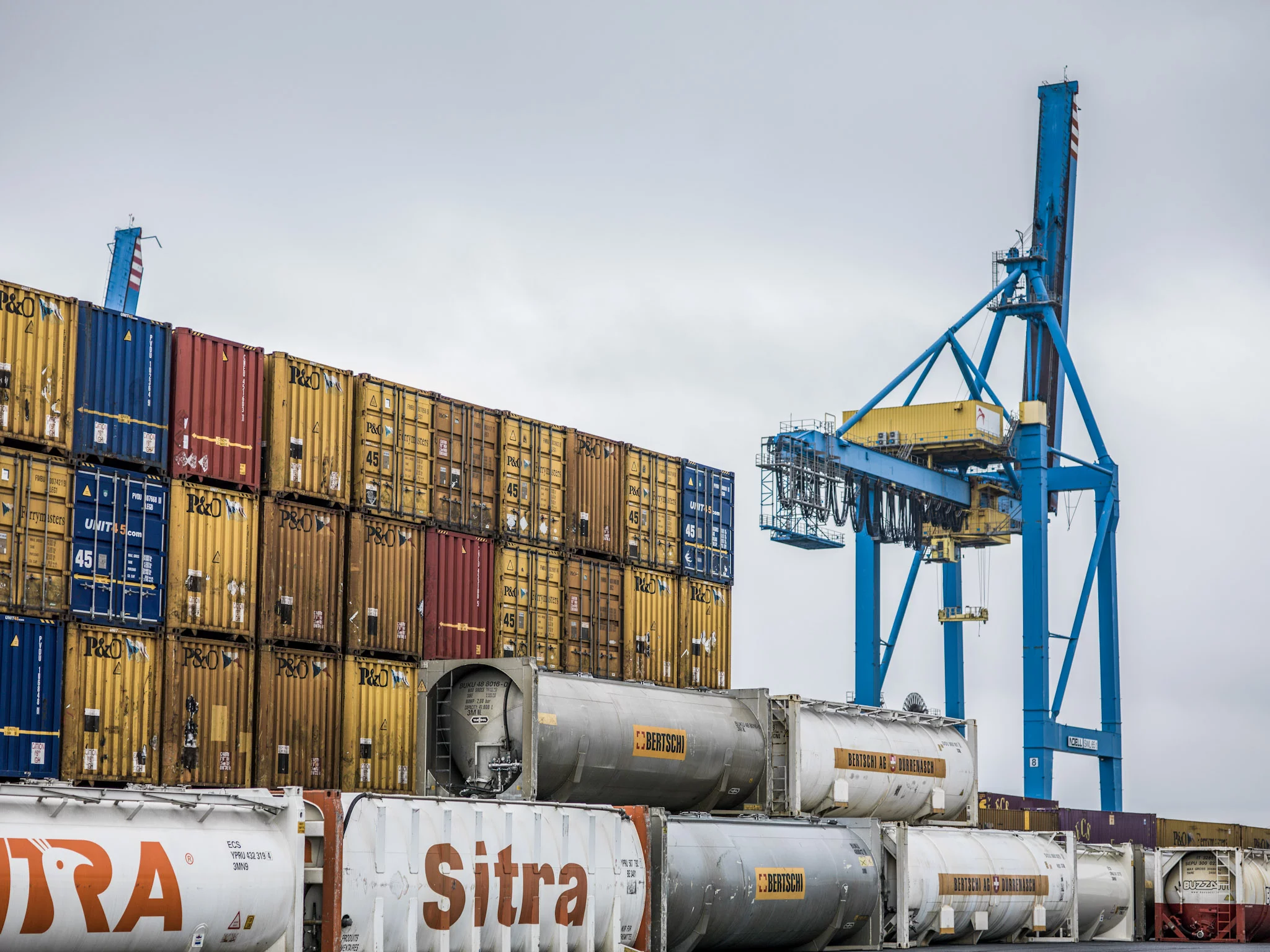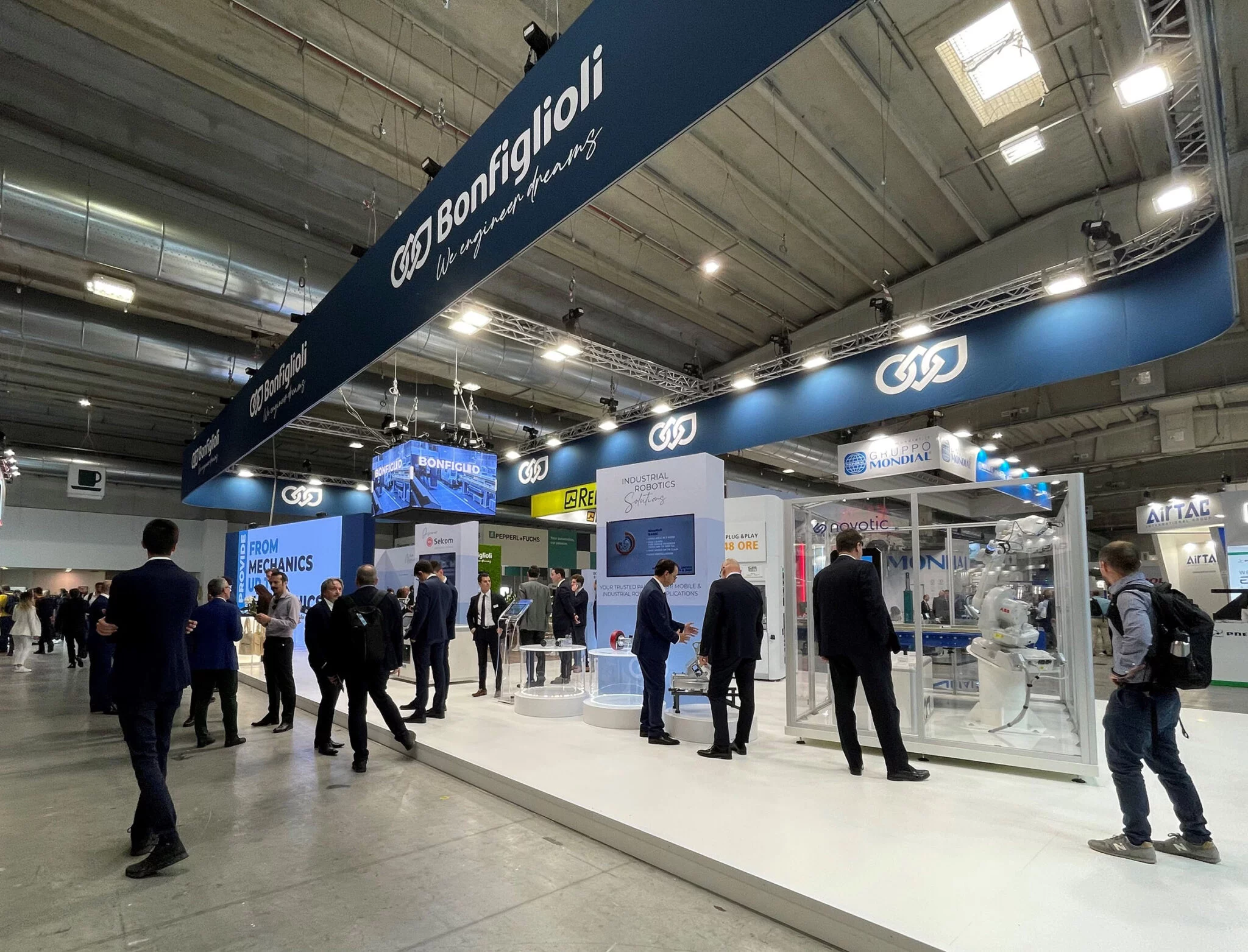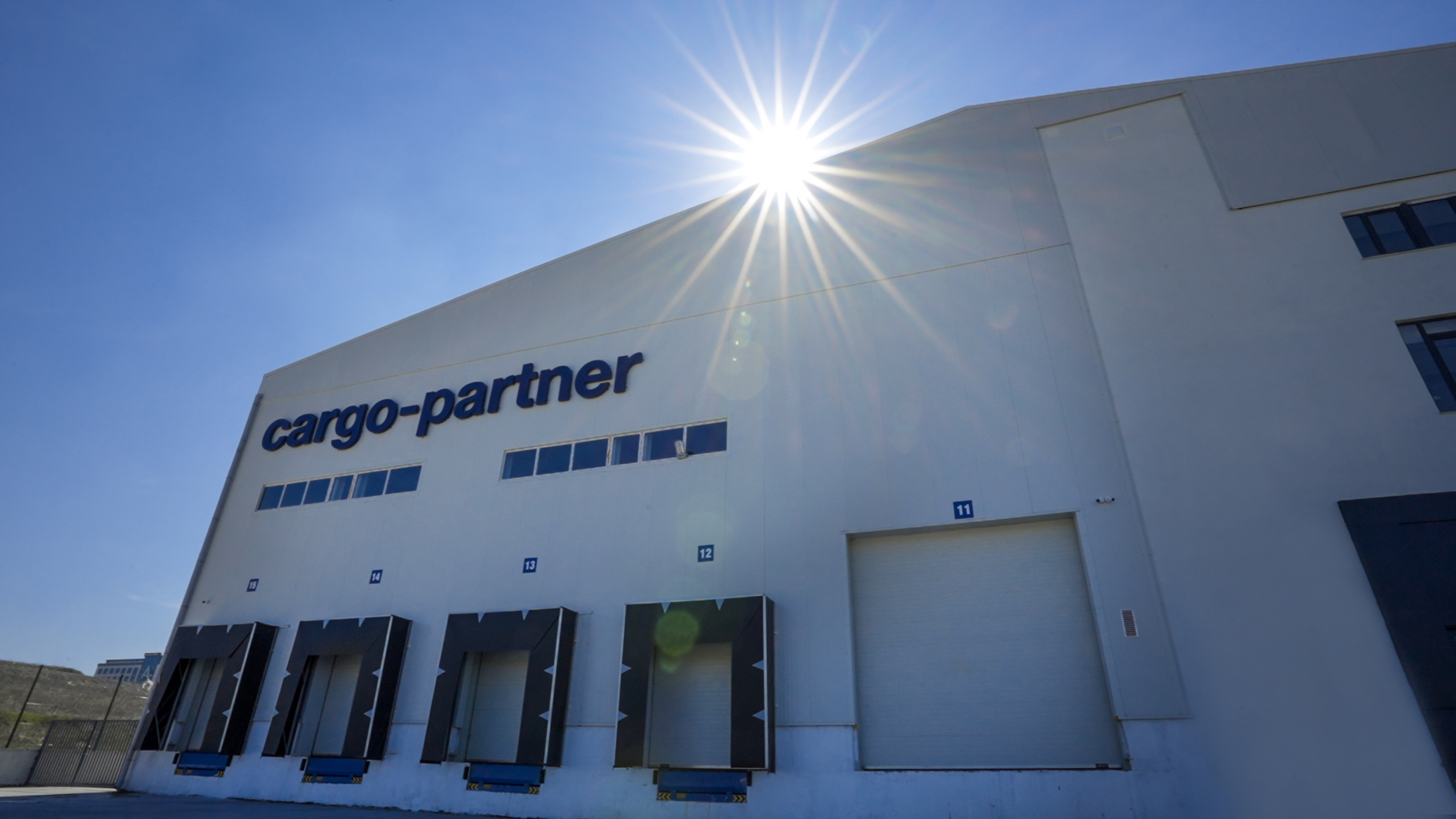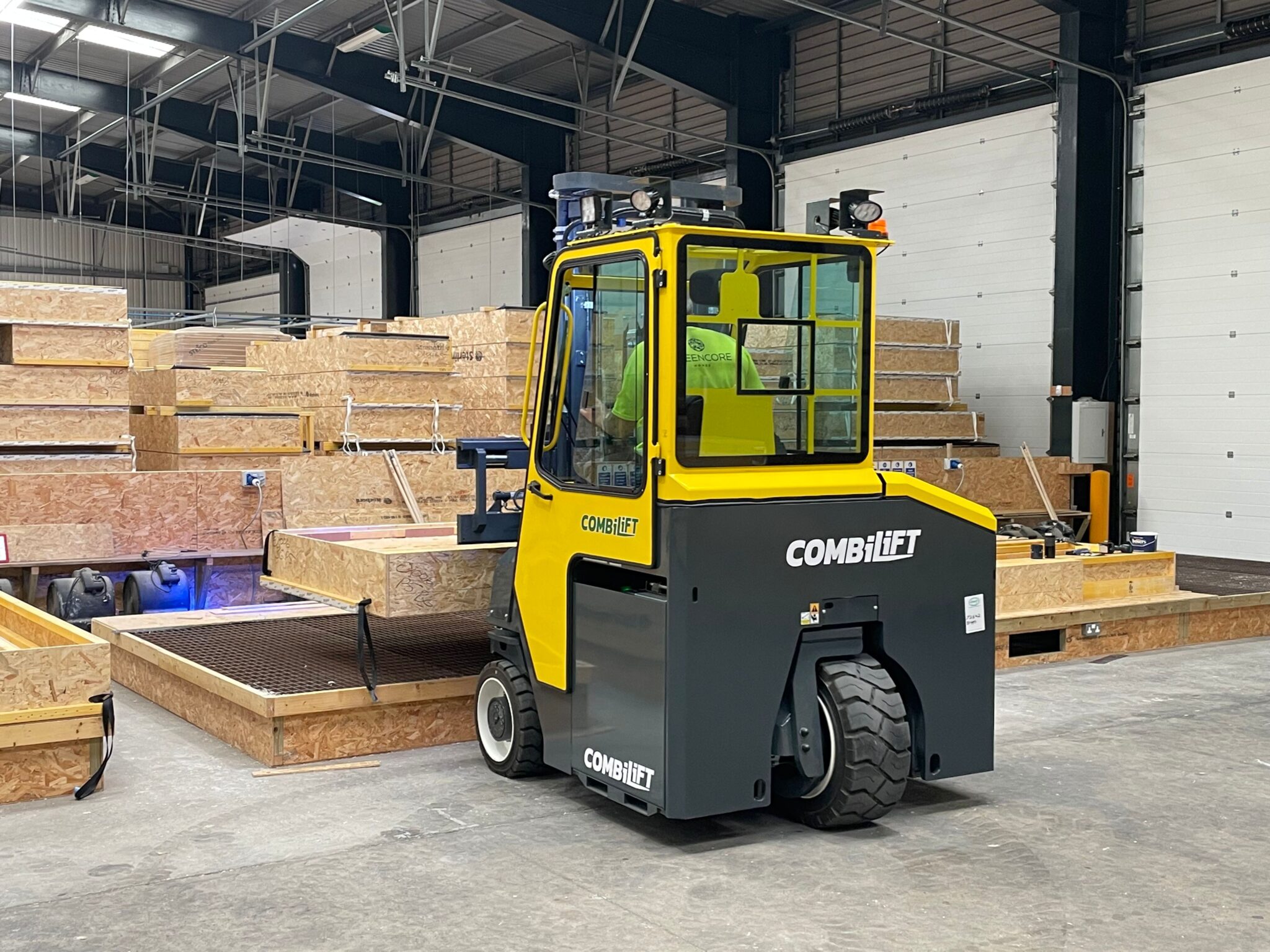EUROEXPO, the Munich-based organizer of the intralogistics trade show LogiMAT in Stuttgart, is quietly bidding a fond farewell: After 20 years with the company, Managing Director Peter Kazander took the first step toward retirement on June 30th.
Kazander (67), a native Dutchman, joined EUROEXPO, a HUSS Group company, as Event Manager in 2003. Under his leadership, LogiMAT grew over the past 20 years from a small trade show at Stuttgart’s old Killesberg convention centre the most important international intralogistics event in the world. LogiMAT now fills all ten halls of the new Messe Stuttgart convention centre every year with exhibitors representing the entire spectrum of intralogistics, drawing over 60,000 industry professionals who come ready to do business and discover the latest products, trends, and solutions in manufacturing and materials handling. Kazander assumed the position of Managing Director of the subsidiary Logistics Exhibitions GmbH (LEG) in 2013, tasked with gradually developing and expanding LogiMAT’s overseas events in China and Thailand, and became Managing Director of EUROEXPO in 2015.
“He and his team made LogiMAT into one of the world’s leading intralogistics trade shows, a must-attend event in the logistics calendar,” remarks Christoph Huss, Managing Partner of EUROEXPO, praising his outgoing Managing Director. Huss also cites Kazander’s efforts in setting up the digital event platform LogiMAT.digital, which helped LogiMAT survive the difficult years without any in-person events during the pandemic. “He was always ready to blaze new paths,” Huss recalls of their time working together.
Kazander also looks back on his successful trade show team with gratitude and pride. “Our success has always been rooted in good teamwork in the turbulent trade show business. With this small but highly motivated and dedicated team, we have been able to achieve extraordinary things with LogiMAT. That will always remain our bond,” he promises his employees.
The continuity of this success has been ensured. At LogiMAT 2023, the most successful show in the event’s history, Kazander handed off the last of his responsibilities to Michael Ruchty, who had already assumed responsibility as Exhibition Director for LogiMAT Stuttgart. “I have learned a lot from Peter Kazander over the last years. Now it’s time for me to take the reins of LogiMAT Stuttgart on my own and fill his shoes as best I can,” acknowledges Ruchty upon his predecessor’s retirement.
But this is a gradual goodbye: Kazander remains Managing Director of LEG, running LogiMAT China and responsible for the success of the second LogiMAT | Intelligent Warehouse in Bangkok, Thailand, where Logistics Business will be exhibiting.











